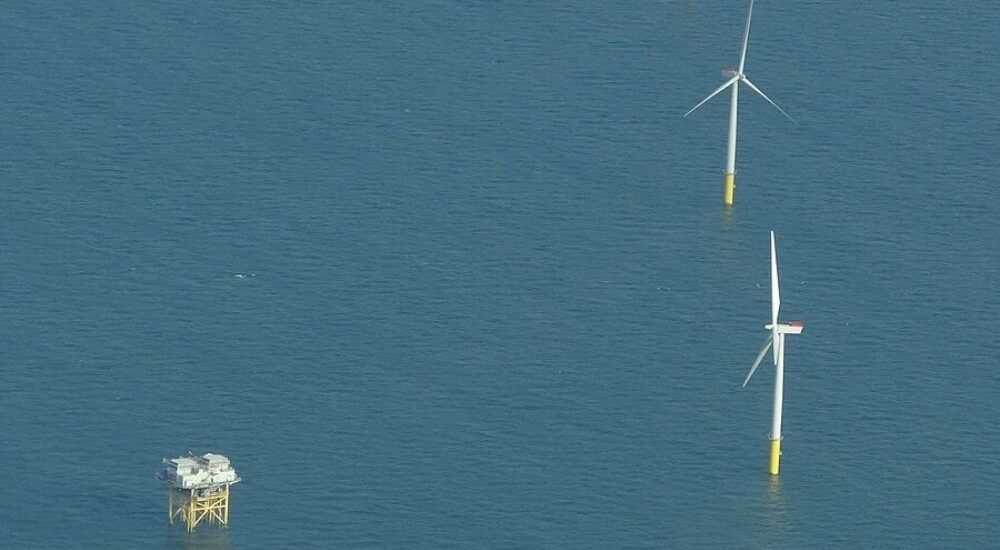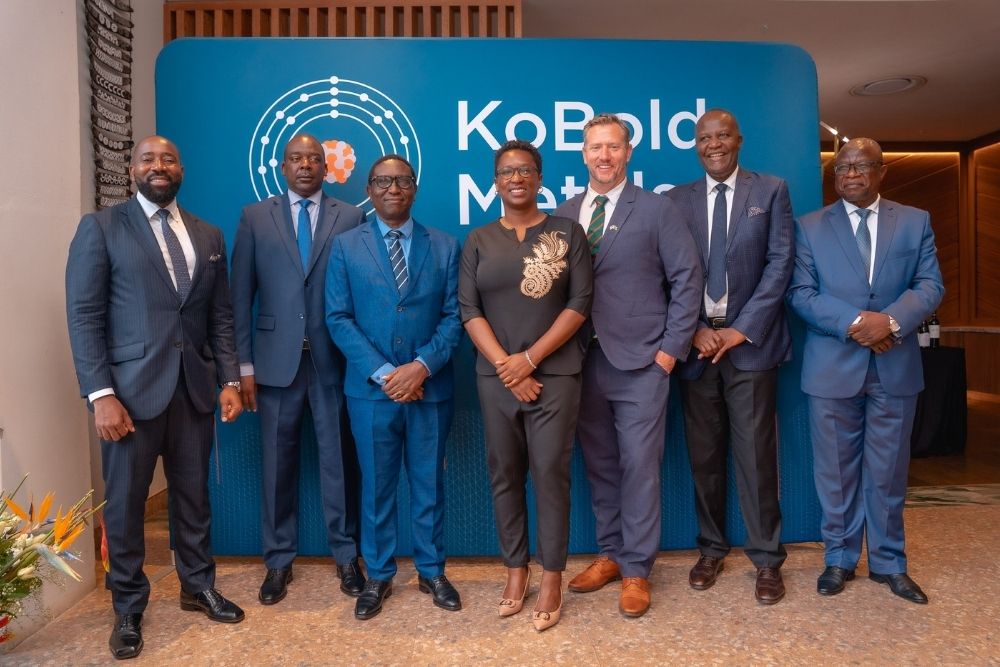Britain’s Octopus to buy stake from Norwegian offshore wind developer
- September 13, 2023
- Posted by: Quatro Strategies
- Categories: ESG & Renewable Energy, Europe

Octopus Energy, a British energy company, is set to acquire a stake in Deep Wind Offshore, a Norwegian offshore wind developer with projects in Norway, Sweden, and South Korea. The financial details of the transaction and the size of the stake were not disclosed. This investment is made by Octopus Energy’s generation arm and adds to the existing investments from Knutsen OAS, Haugaland Kraft, and Sunnhordland Kraftlag.
Deep Wind Offshore is focused on building 10 gigawatts (GW) of offshore wind capacity by 2032, with 2 GW already under exclusive development in South Korea and plans to bid in upcoming auctions in Norway.
Octopus Energy plans to invest $20 billion in offshore wind projects globally. This deal represents Octopus Energy’s entry into the renewable markets of Norway and South Korea, expanding its portfolio of renewable energy investments.
Octopus Energy is already involved in offshore wind projects in England and the Netherlands and is an investor in floating offshore wind developer Simply Blue.
This move further demonstrates the company’s commitment to expanding its presence in the offshore wind sector and supporting the global transition to renewable energy sources.
Interested in learning more?
Sign up for Top Insights Today

Top Insights Today delivers the latest insights straight to your inbox.
You will get daily industry insights on
Oil & Gas, Rare Earths & Commodities, Mining & Metals, EVs & Battery Technology, ESG & Renewable Energy, AI & Semiconductors, Aerospace & Defense, Sanctions & Regulation, Business & Politics.


